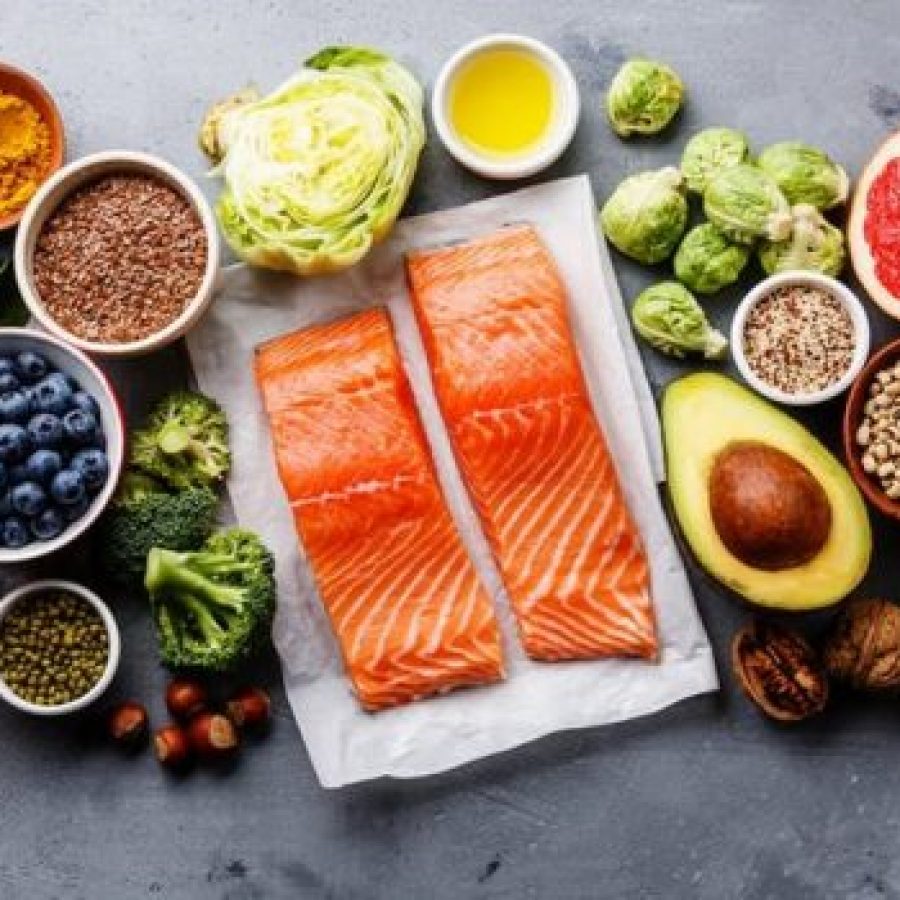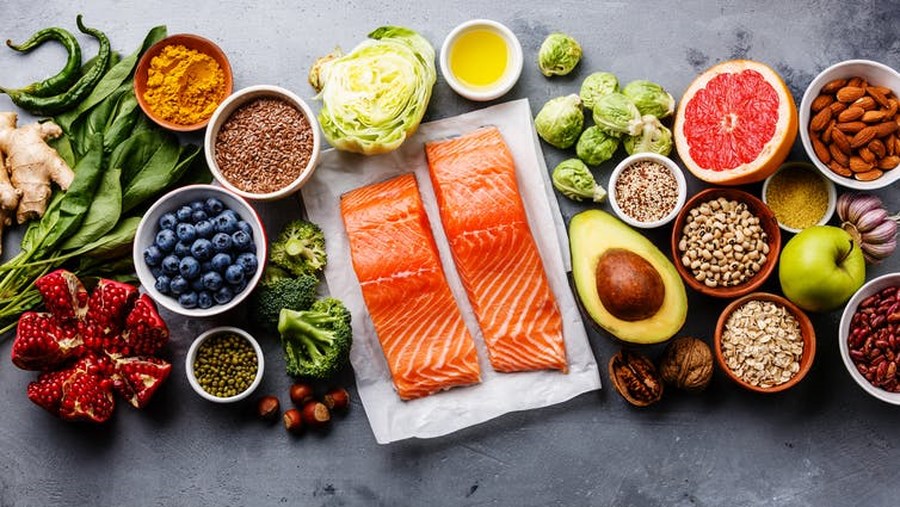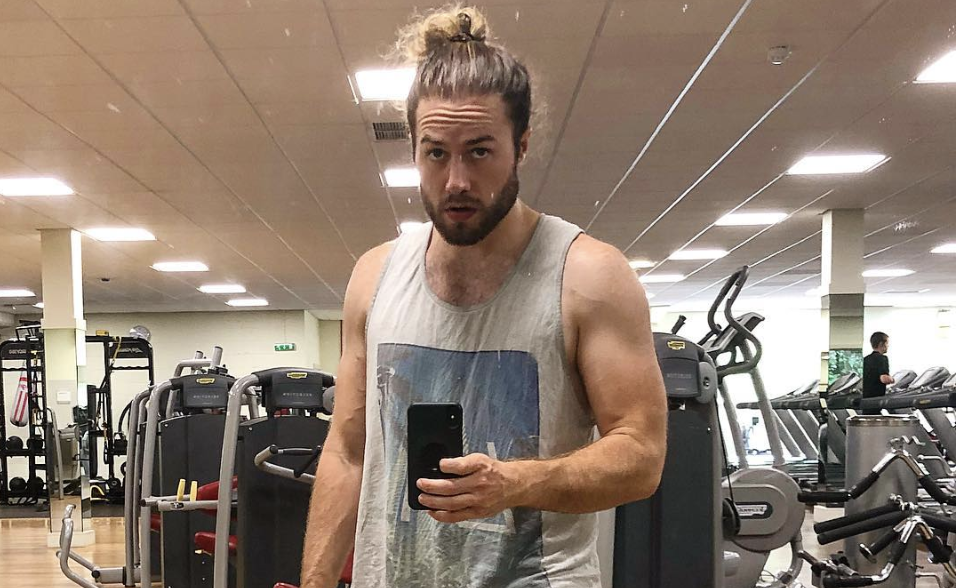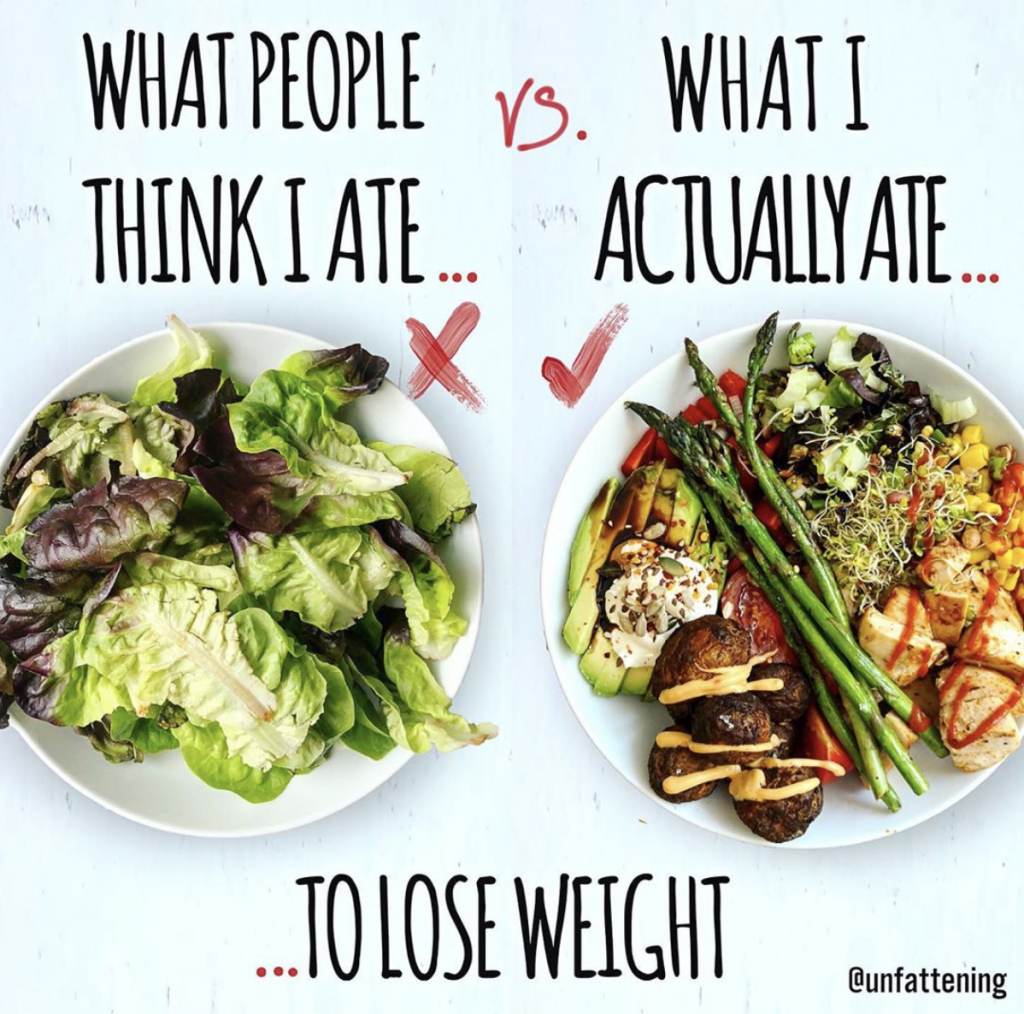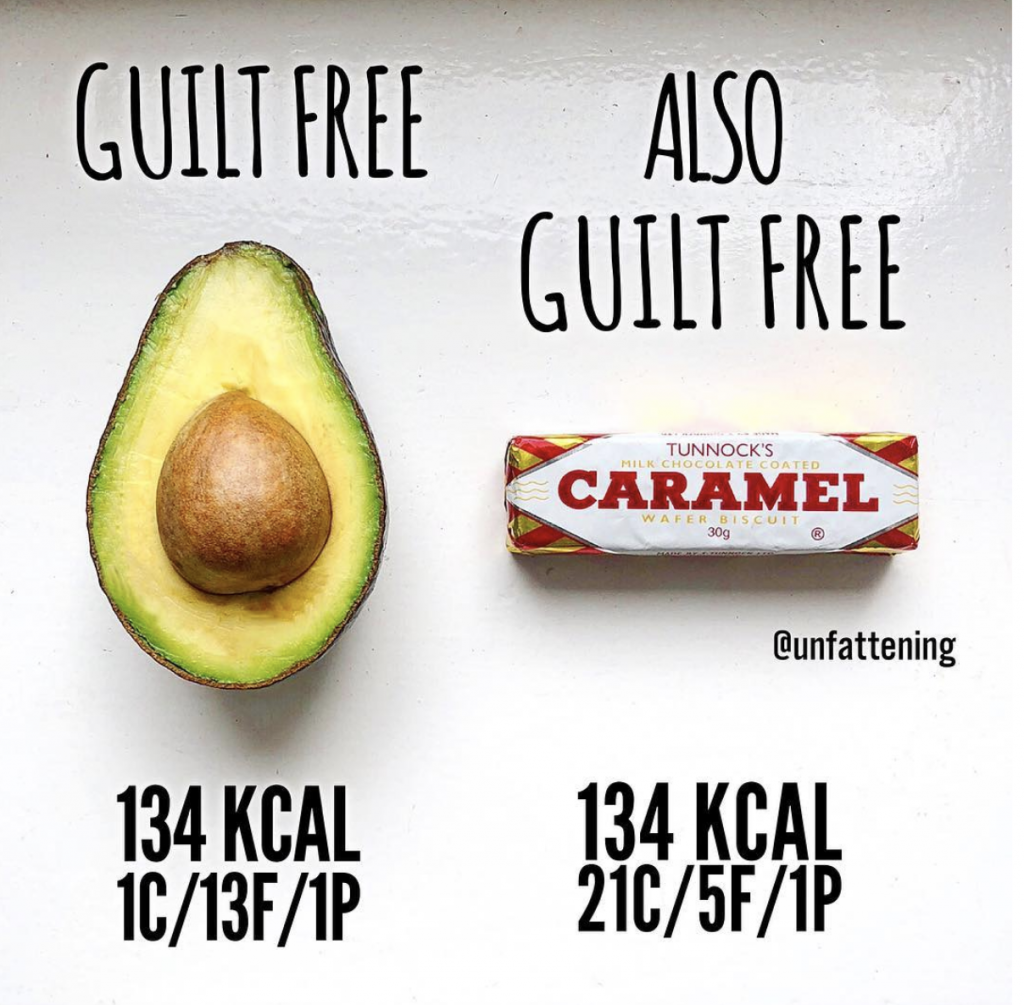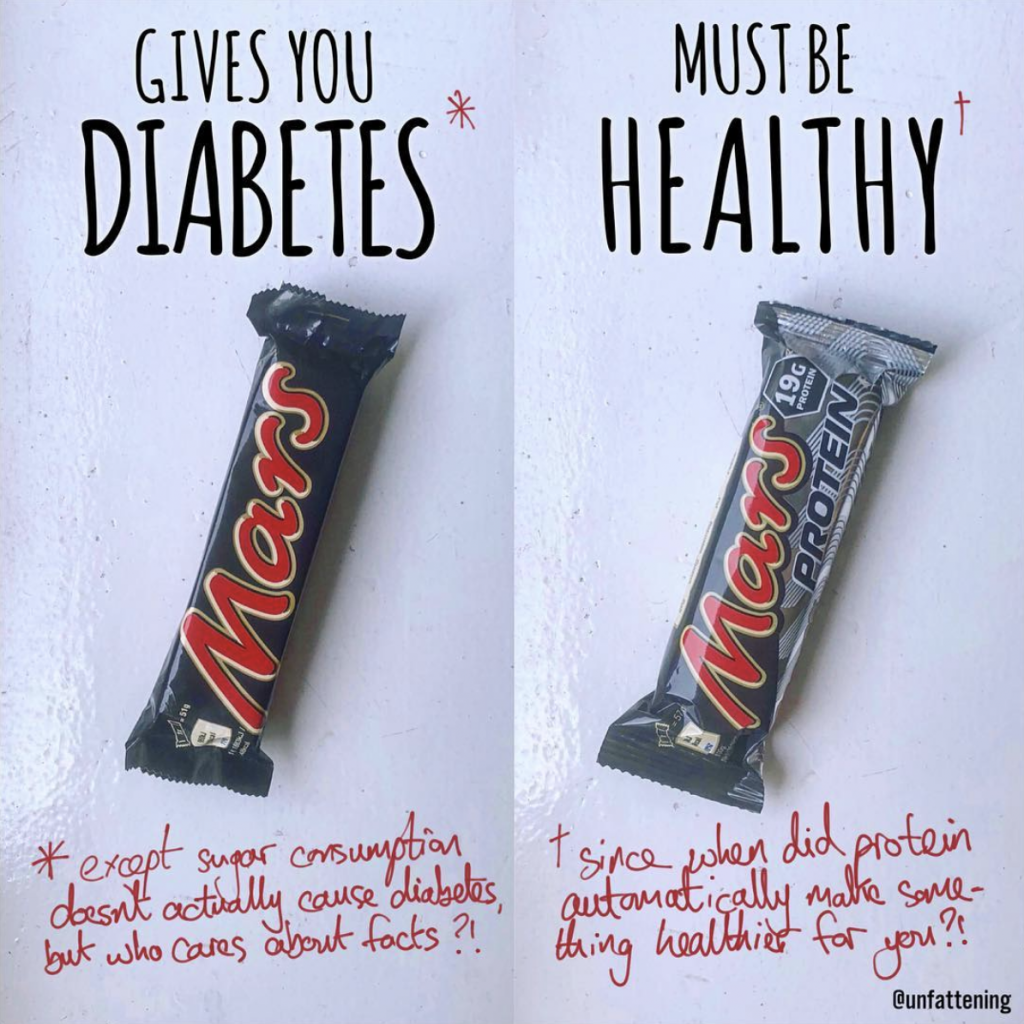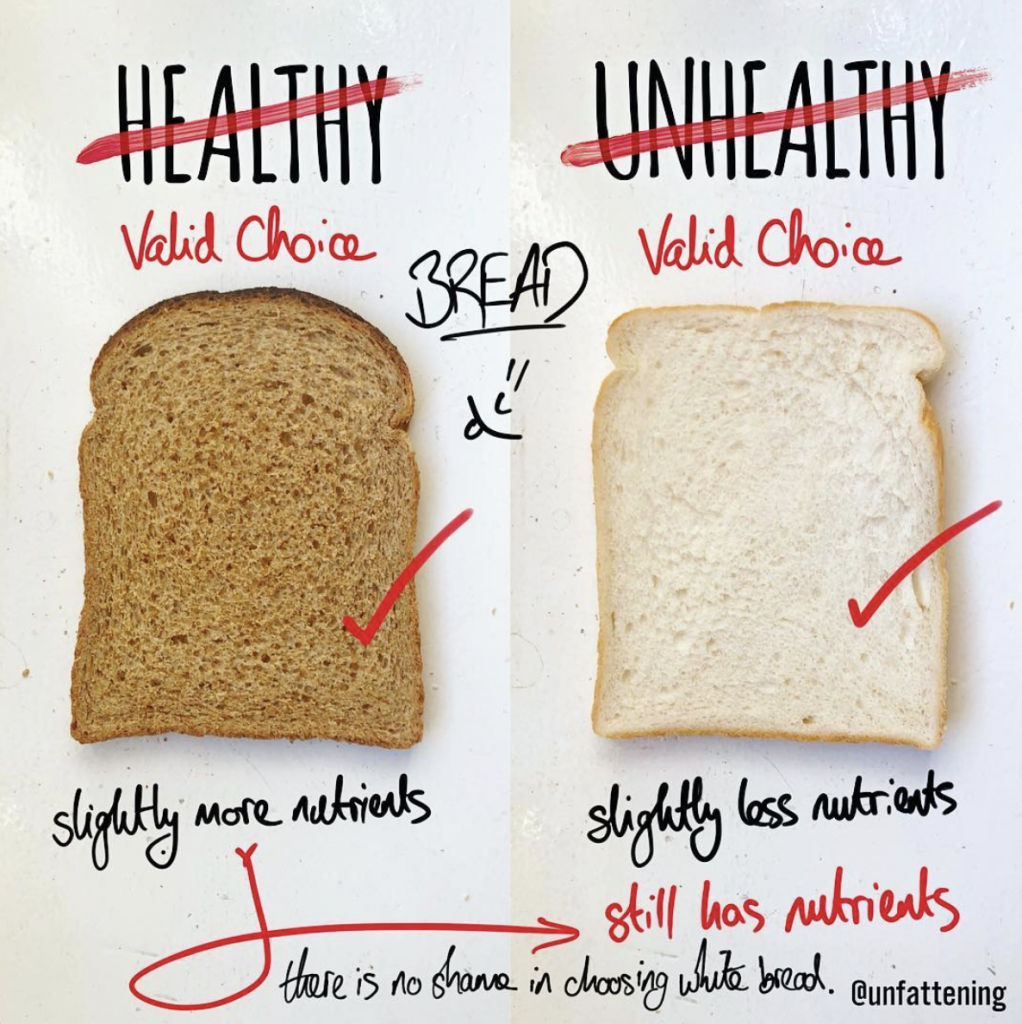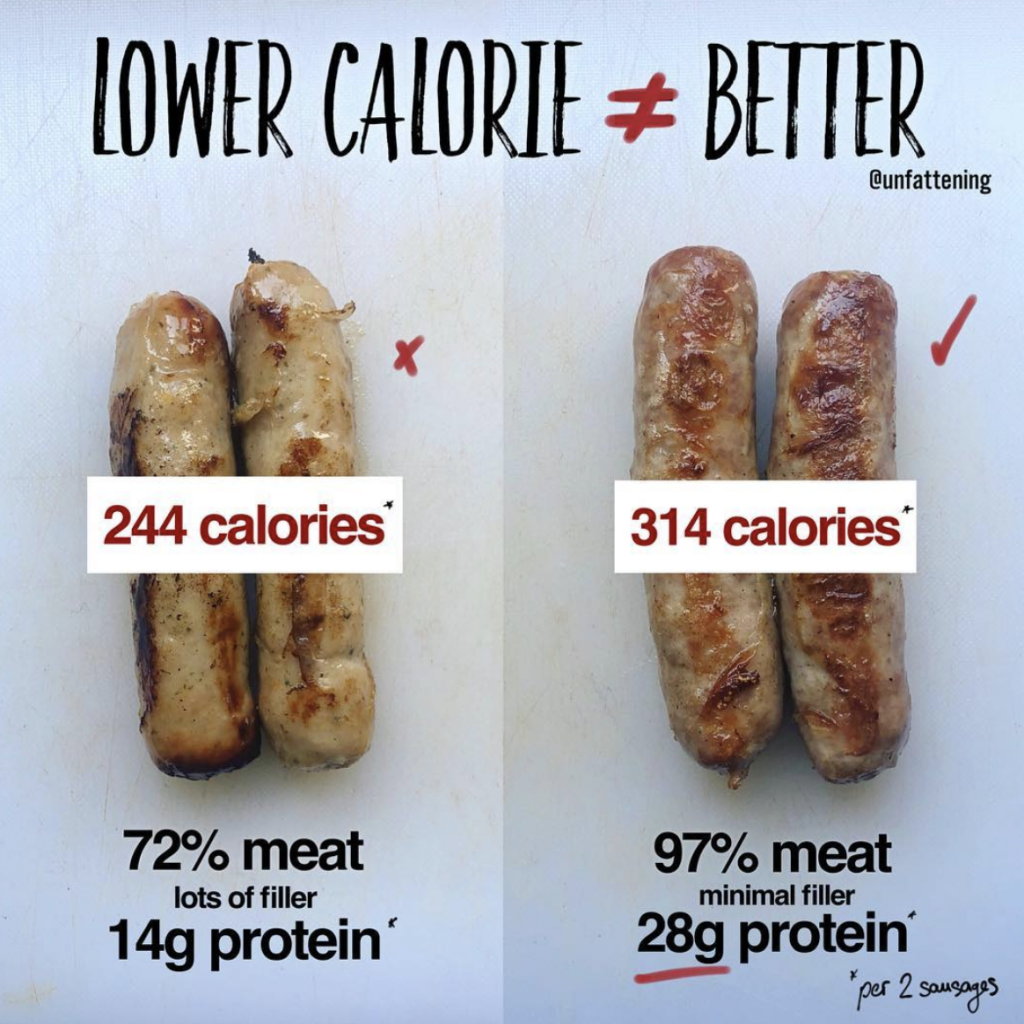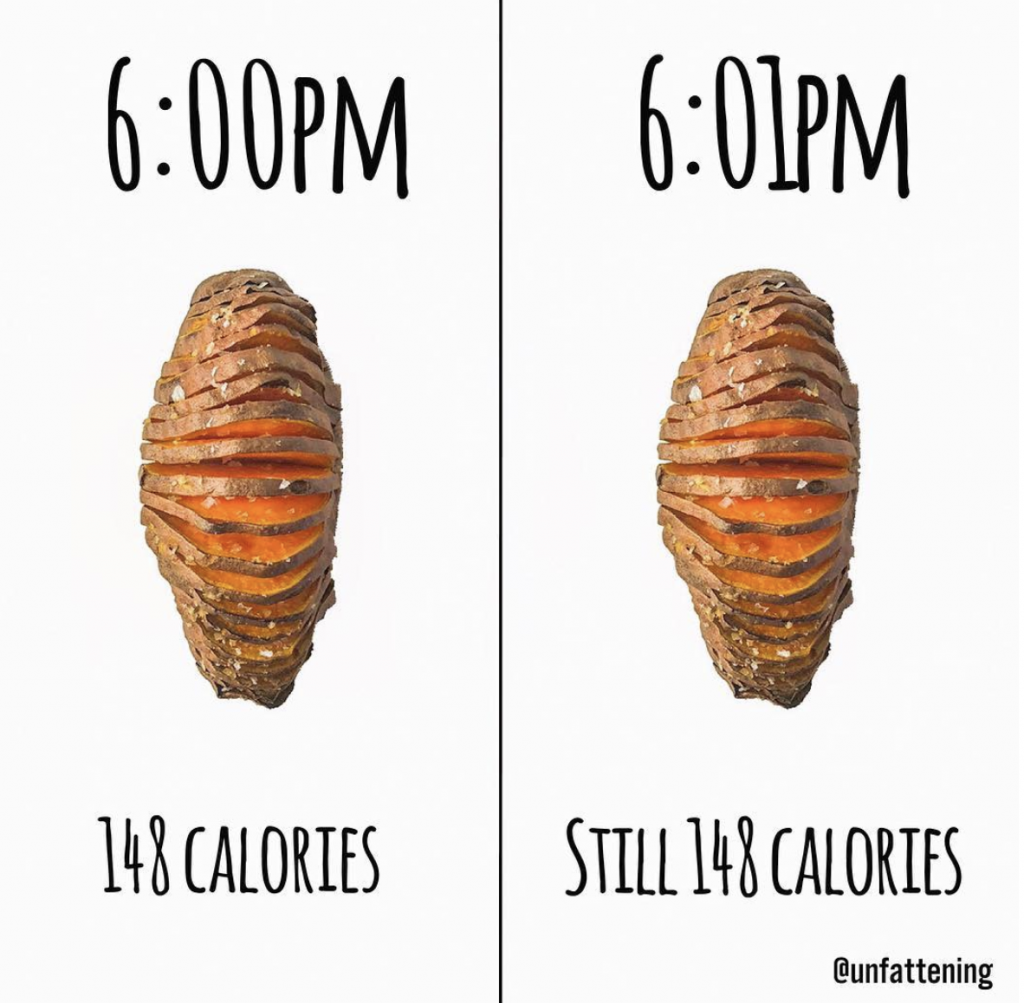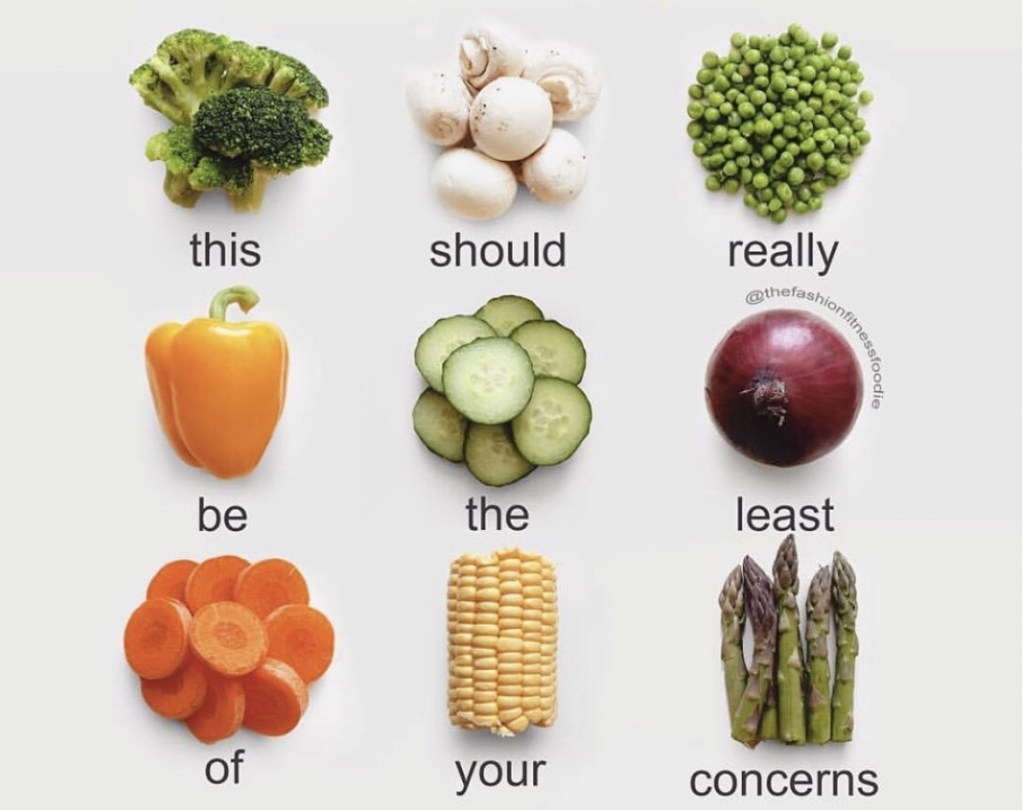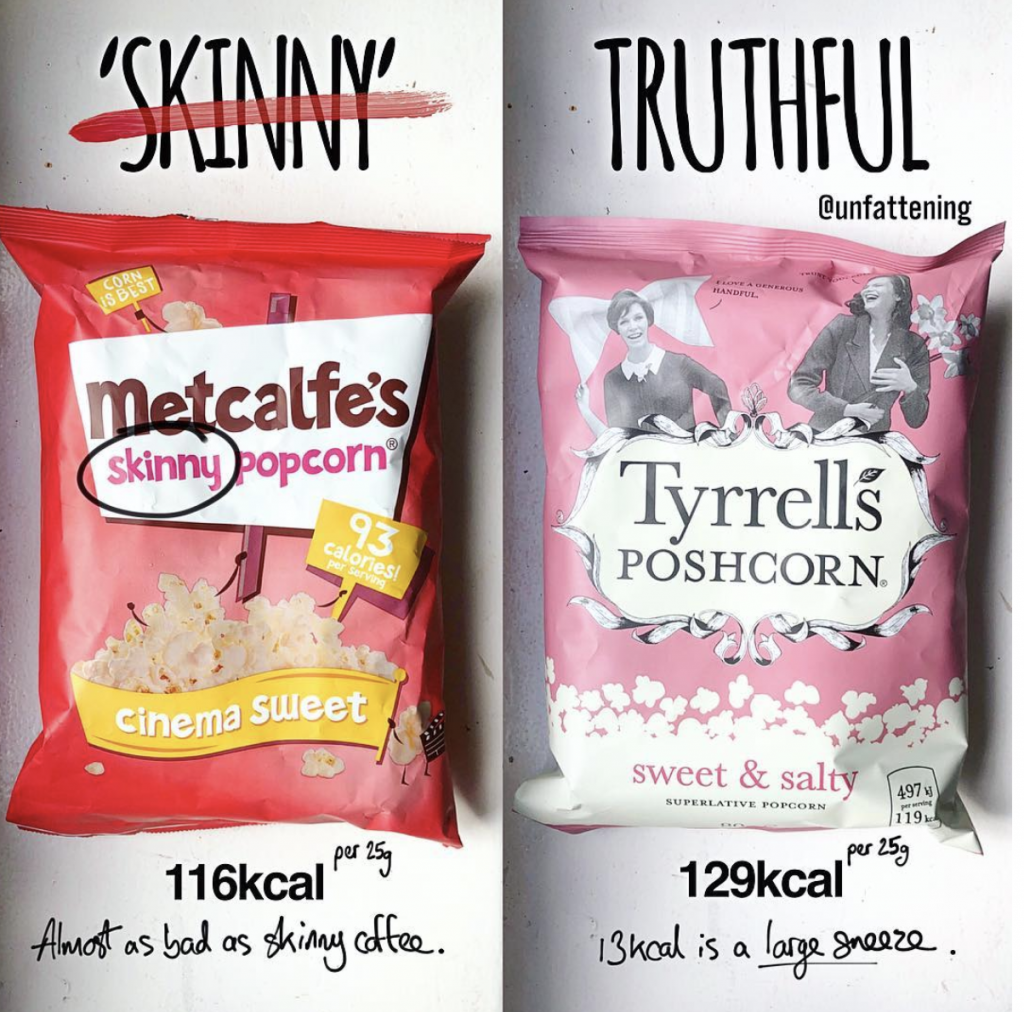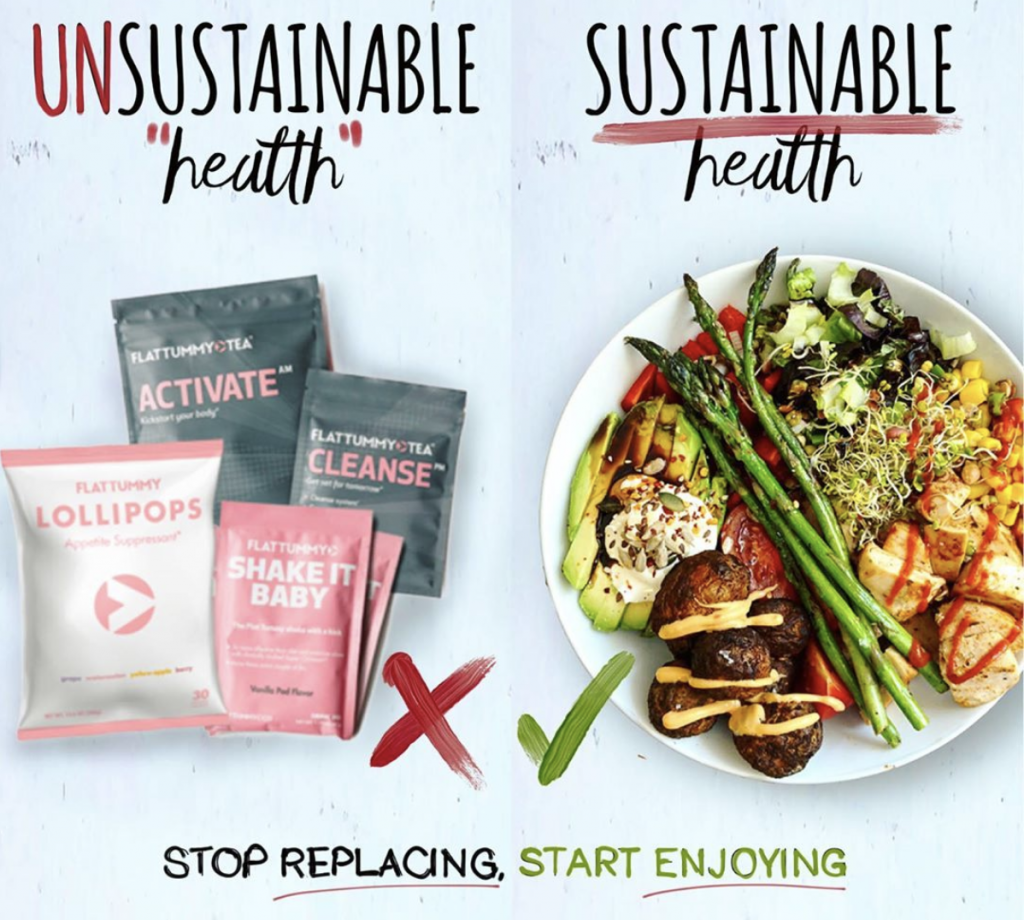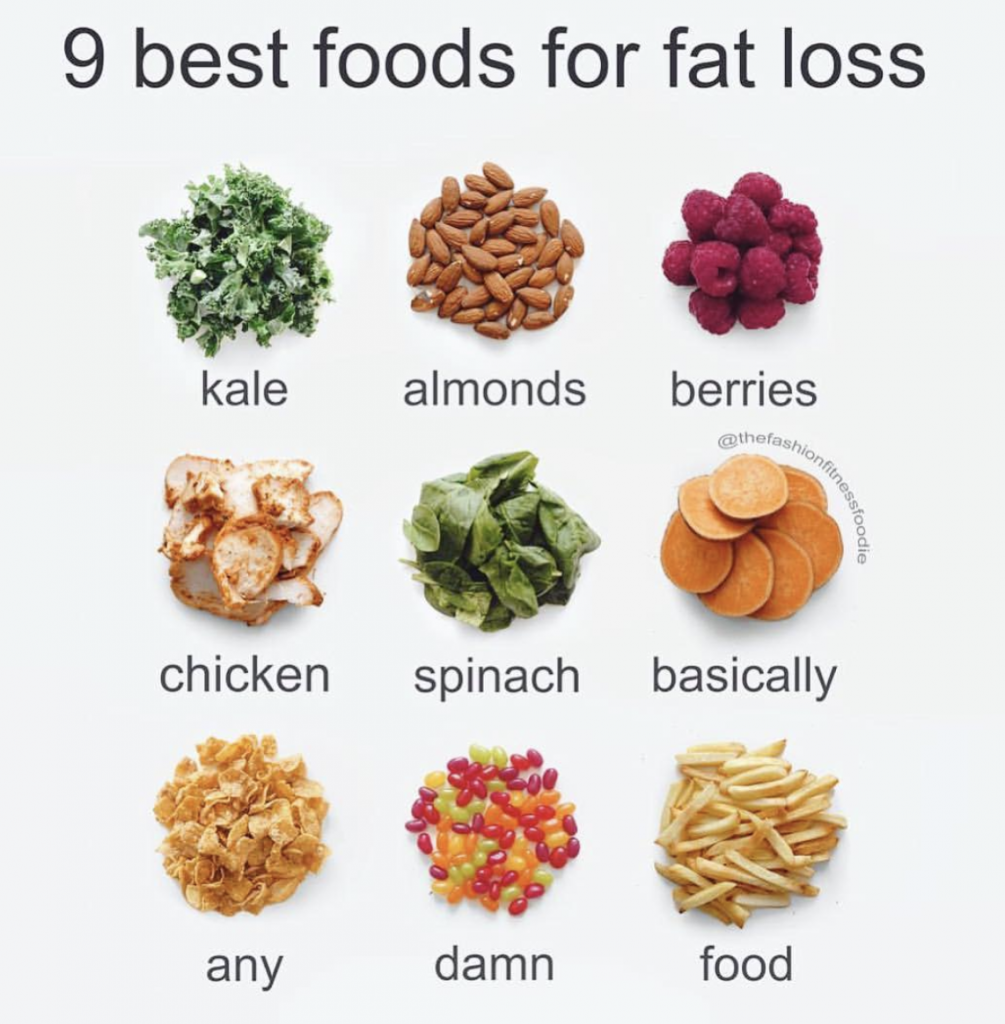In the world of fitness, there are so many opinions, theories and just plain bullshit floating about, it’s hard to know what’s true and what’s not. A lot of our misconceptions are based on assumptions; approaching a healthy lifestyle with all-or-nothing attitudes, and being duped by slim-bait trends and packaging.
Well, Dr Joshua Wolrich – a surgical doctor – is using his Instagram platform to encourage a healthy relationship with food that’s anti-diet. But he assures his followers, that he’s not here to sell you something. “That’s the easiest way to tell when someone might not be telling you the truth,” he tells C&C.
“I had a terrible relationship with food and I was an unhealthy weight. I graduated medical school, started feeling hypocritical about not looking after my health, and realised that I knew jack all about how to get healthy when it came to nutrition”.
“Weight and health are not always synonymous, and there is a much wider healthy range than most people think. ‘Dieting’ in its typical fad form is incredibly problematic, and does little more than worsen your relationship with food. Everything should come back to improving that relationship, and that’s what I focus my time on”.
Myth: You have to starve yourself to lose weight:
Weight loss requires a calorie deficit. It sounds simple but in reality, it can be really hard. People will often think that they need to drastically cut calories for it to work, essentially starving themselves. That will work, in the short-term, but what’s going to happen once you start eating again? If you haven’t improved your relationship with food, and you haven’t learned anything about the calorie and nutrient-densities of food (which you haven’t on a crash diet), nothing will have changed. The weight will come back on.
Weight loss has to be sustainable. Health is a life-long change – not a short-term bikini plan.
Myth: Food that doesn’t contain certain nutrients is ’sinful’
Absolute rubbish. All foods contain different amounts of nutrients, just because something contains less does that mean you have to cut it out or feel bad when it’s consumed? No foods are inherently unhealthy, it’s the frequency of which you eat them that has an impact on long-term health. “The dose maketh the poison”.
Myth: ‘Protein’ versions of unhealthy products must be healthy.
Nope. Protein is an important macronutrient in your diet, but so are fats and carbohydrates. Protein does not make something inherently healthier.
Myth: White carbs are the enemy
I’ve a feeling you know my answer by now. White carbs are great. Brown carbs are better (more fibre), but if you only ever ate ‘better’ foods you’d live a pretty boring life only eating kale and quinoa. Have both.
Myth: Lower calories are always better
Low-calorie options have their place, but if we’re ALWAYS picking them we need to look at why. Often the low-calorie options can have less nutrients in them as they remove fat, and with that fat-soluble vitamins.
Myth: You can only eat certain foods at certain times
Hands up who’s heard that if you eat carbs after 6pm you’ll get fat?! There is no good evidence in the literature to suggest that late night carbohydrate consumption leads to weight gain (or any other foods for that matter)… so this myth can go solidly in the #nutribollocks bin. Food doesn’t magically have more calories or nutrient properties at different times of the day.
Interestingly, carbohydrate consumption increases serotonin release, which in turn is involved in such functions as sleep onset, blood pressure regulation and improving mood. It’s not a stretch to suggest that this may actually BENEFIT us getting ready for bed.
Myth: Calories and sugar in fruit and vegetables add to weight gain
“There’s a big difference between need and can. Can you track calories in fruit and veg? Yes. Do you need to? Absolutely not.
The process of tracking calories can be problematic; it’s time-consuming and can be quite stressful; the easier you can make it, the better. Do you need to weigh and track that head of lettuce you just ate? That carrot? Apple? No. They are so calorie sparse that it would serve no real purpose to do so. Tracking things like potato, rice etc that are more calorie dense is going to be more useful, but be sensible about it”.
Myth: Packaging is your friend
Remember that companies are here to sell you things. They know that if they write ‘guilt-free’, ’sugar-free’, ‘high-protein’, ‘low-fat’, ’skinny’, they will sell more. Stay sceptical and ask two questions – “So what?” and “Is that even true?” So what if there’s no sugar? Maybe I want some right now. So what if it’s low fat? Fat is good for your hormone regulation. Is it true that it’s guilt-free? No food has the power to make you feel guilty anyway!
Myth: Celebrities use tea trends to lose weight, so can I…
Seriously, bugger off. They are a pile of absolute bullshit and the companies that sell this stuff with their outrageous made up claims should be fined into oblivion. I have nothing more to say on the matter.
Myth: Eating healthy has to be boring
No it doesn’t! People think that eating healthy means you have to cut out all the foods you enjoy. That most definitely would be boring. The good news is that you don’t have to do that. Stop labelling foods health and unhealthy. Start prioritising nutrient-dense foods on a regular basis means that the nutrient-sparse ones matter a hell of a lot less.

